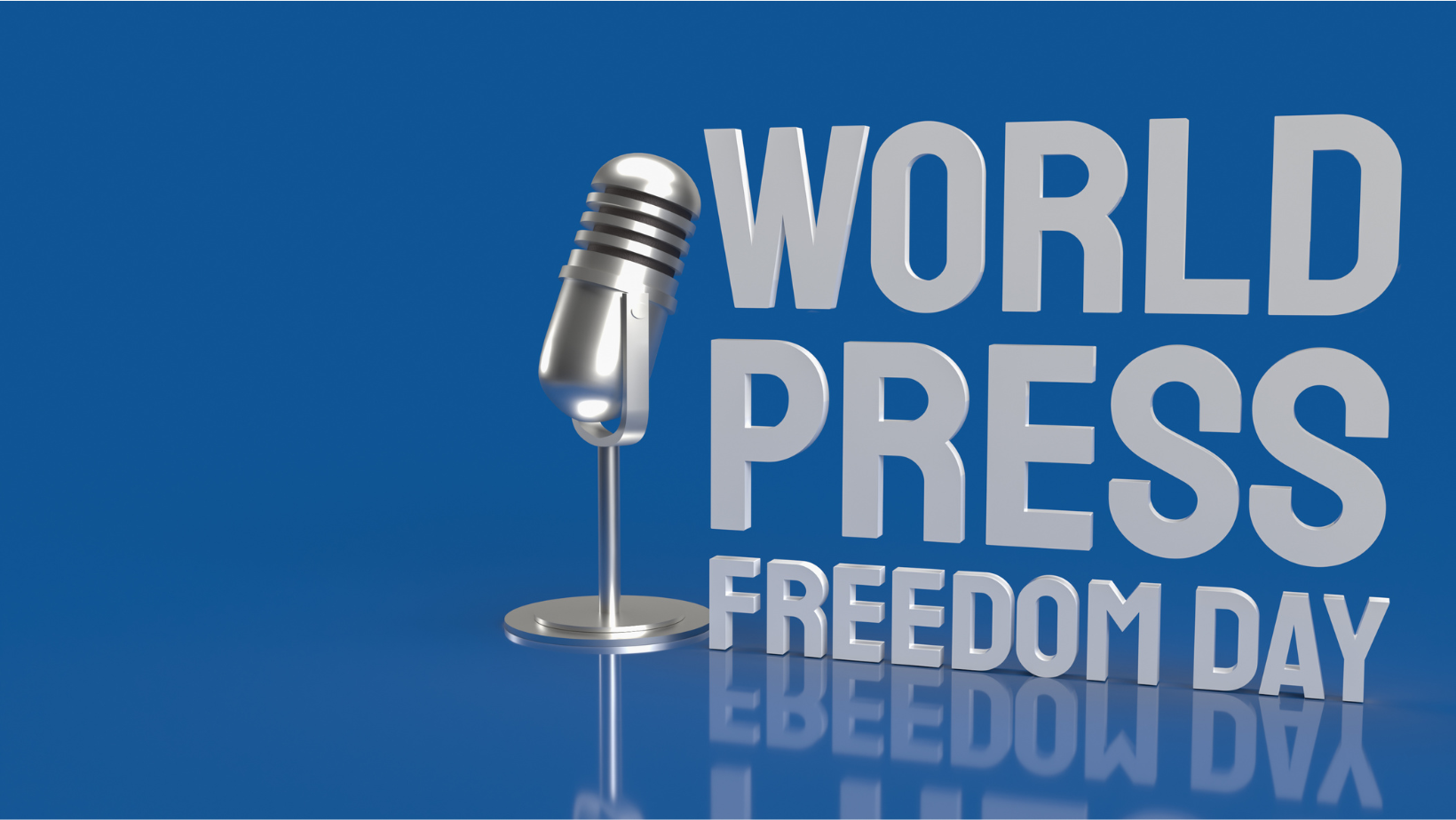From automating transcriptions to generating synthetic images, Artificial Intelligence (AI) tools have become embedded in news production. While these tools offer promise, they also raise urgent questions about jobs, ethics, intellectual property, and the safety of journalists. On the eve of World Press Freedom Day 2025, the European Federation of Journalists (EFJ) advocates for an AI future that respects the fundamental values of journalism.
“In times of crisis and revolution, it is necessary to refocus on the basics, on what makes journalism what it is: the respect for facts and the public’s right to the truth. AI should help journalists achieve this goal, but we see that it sometimes works against them. To avoid this, AI provisions must be an integral part of collective agreements, and journalists’ unions are best placed to defend the interests of journalists against companies and editorial choices that would place economic interests above ethics, copyright, and public interest journalism,” said EFJ General Secretary Ricardo Gutiérrez.
European media are quickly integrating AI into their daily workflows and legal frameworks, significantly impacting the journalistic profession, without always resorting to social dialogue. The EFJ warns against adding AI-related provisions to existing agreements without consulting journalists’ unions, seeking the authorisation of authors or providing for remuneration.
The EFJ also notes with concern the growing use of AI to harm journalists, use their image for malicious purposes and manipulate the public with fakes, directly threatening the safety of journalists. This can result in online harassment or threats to physical integrity, and requires appropriate responses from authorities and employers.
Ahead of World Press Freedom Day 2025, the EFJ joins the International Federation of Journalists (IFJ) in calling on all stakeholders – journalists, unions, media organisations and policymakers – to set clear boundaries for AI’s role in newsrooms. The Federations reaffirm the importance of collective bargaining, to guarantee that journalists’ voices are heard as these technologies become more integrated into the media landscape.
Source: EFJ




